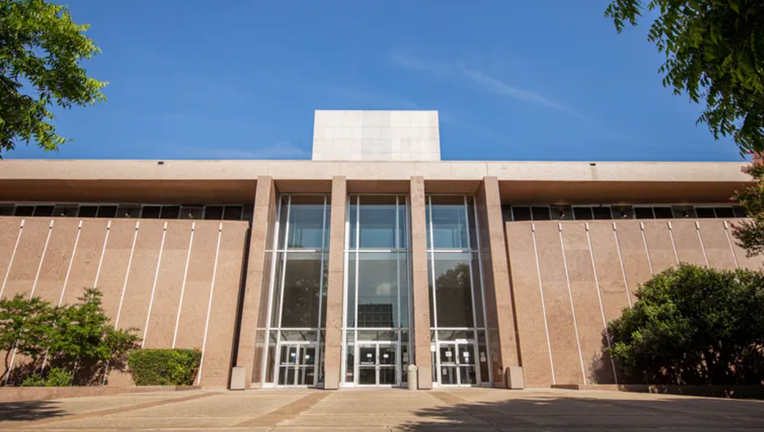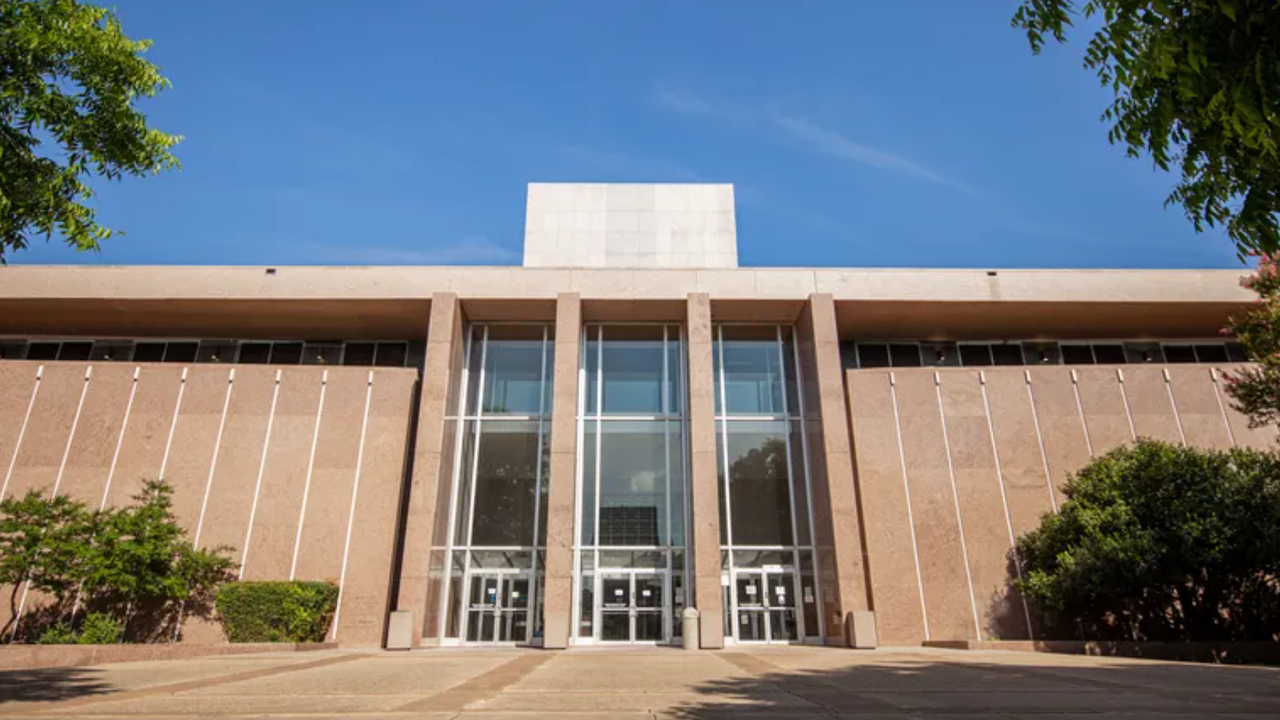 article
article
AUSTIN – Judges in Texas are now able to refuse to perform marriages for religious reasons, the state’s highest court decided Friday.
While the Texas Supreme Court’s addition to the judicial conduct code does not include reasoning for the change, it follows a years-long debate over whether judges within the state are obligated to perform same-sex ceremonies.
Texas Supreme Court ruling
What we know:
The ruling, amending Canon 4 of the Texas Code of Judicial Conduct, was signed Friday, Oct. 24.
The comment reads as follows:
“It is not a violation of these canons for a judge to publicly refrain from performing a wedding ceremony based upon a sincerely held religious belief.”
The ruling is effective immediately.
What we don’t know:
The document does not specify that the rule change is targeted specifically at same-sex marriages.
Texas judge refuses same-sex marriages
The backstory:
The decision follows a Texas judge’s years-long battle over her desire for a religious exemption to the canon that was amended Friday.
McLennan County Justice of the Peace Dianne Hensley was pubically admonished in 2019 for refusing to perform same-sex weddings while continuing to wed heterosexual couples. Hensley is quoted by FOX News as saying her “Bible-believing” Christian conscience prevented her from adhering to the state’s code of conduct.
The warning, the second-highest of six disciplinary measures used by the Texas Commission on Judicial Conduct, said Hensley was “casting doubt on her capacity to act impartially to persons appearing before her as a judge due to the person’s sexual orientation.”
The sanction has since been withdrawn, KERA reports, and was followed by a challenge from the U.S. Fifth Circuit Court of Appeals. The court questioned the Texas Supreme Court’s handling of Hensley’s case, a move which was prompted by a lawsuit challenging the 2019 warning from the commission.
Texas leaders challenge LGBT+ representation
Dig deeper:
The change to Texas judges’ rules of conduct comes at a time of uncertainty for LGBT+ people in the state. In recent months, several moves by state lawmakers have brought changes to public discourse surrounding sexual orientation and gender identity.
Transgender bathroom bill
In September, Texas Gov. Greg Abbott signed a law banning transgender people from using bathrooms in government buildings that align with their gender identities.
It also limits what family violence shelters, prisons, and jails transgender people can be placed into.
While places in violation of the law face a $25,000 fine for the first offense and up to $125,000 fines for subsequent offenses, individuals won’t be penalized.
Texas A&M leaders ousted
At least one professor was fired and the president of the school stepped down after state legislators condemned Texas A&M University for allowing gender-identity-related coursework to be taught.
Viral video appeared to show a professor teaching transgender studies in a class regarding children’s literature. The professor, who was later terminated, was alleged to have neglected to reflect the controversial content in the course’s description. Two administrators within the department were also demoted during the fray.
Texas lawmakers said the school was defying a presidential executive order preventing federal funds from being used to promote gender ideology, and school President Mark A. Welsh III ultimately stepped down as a result of the controversy.
Texas bans Pride crosswalks
Texas cities could now lose access to federal and state funding for road projects as a result of Pride flags on roadways.
The Texas Department of Transportation has been directed to ensure the removal of all “political ideologies” from roadways, including rainbow crosswalks that have become popular as symbols of LGBT Pride in cities across the state. Cities that refuse to comply will lose access to funding, Abbott declared in early October.
One such crosswalk has already been removed in Houston’s Montrose neighborhood. In Dallas, an Oak Lawn church has responded to the order by painting the Pride flag onto their front steps.
The Source: Information in this article came from the Texas Supreme Court, KERA, and previous FOX Texas Digital reporting.

